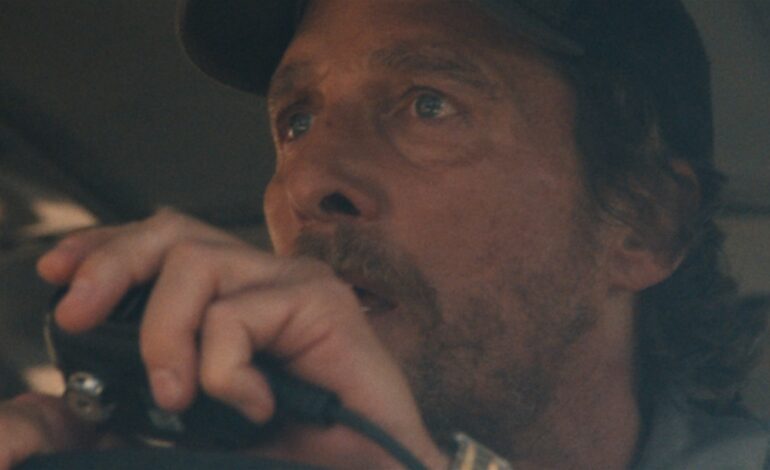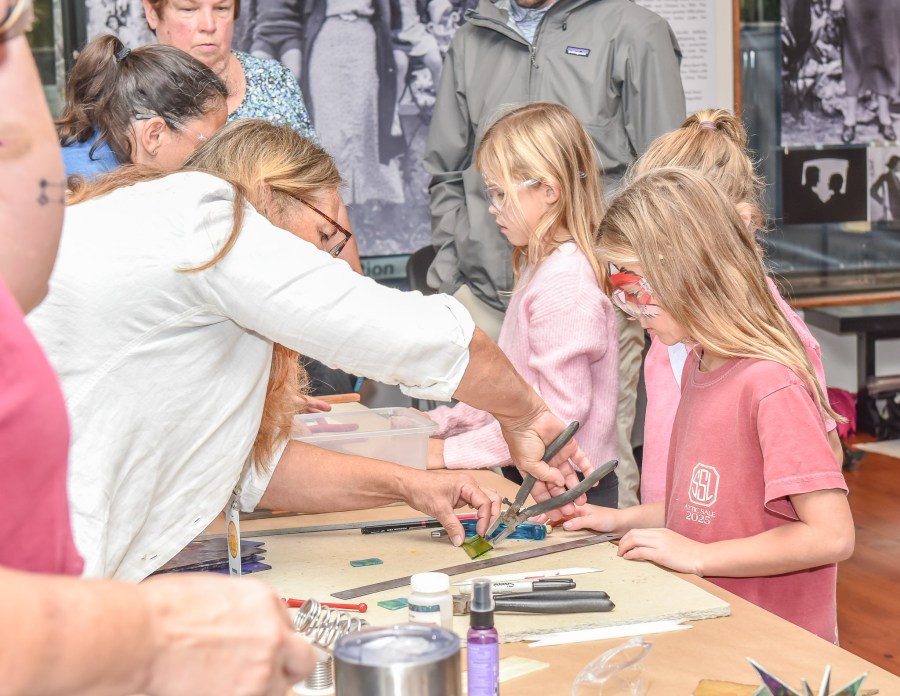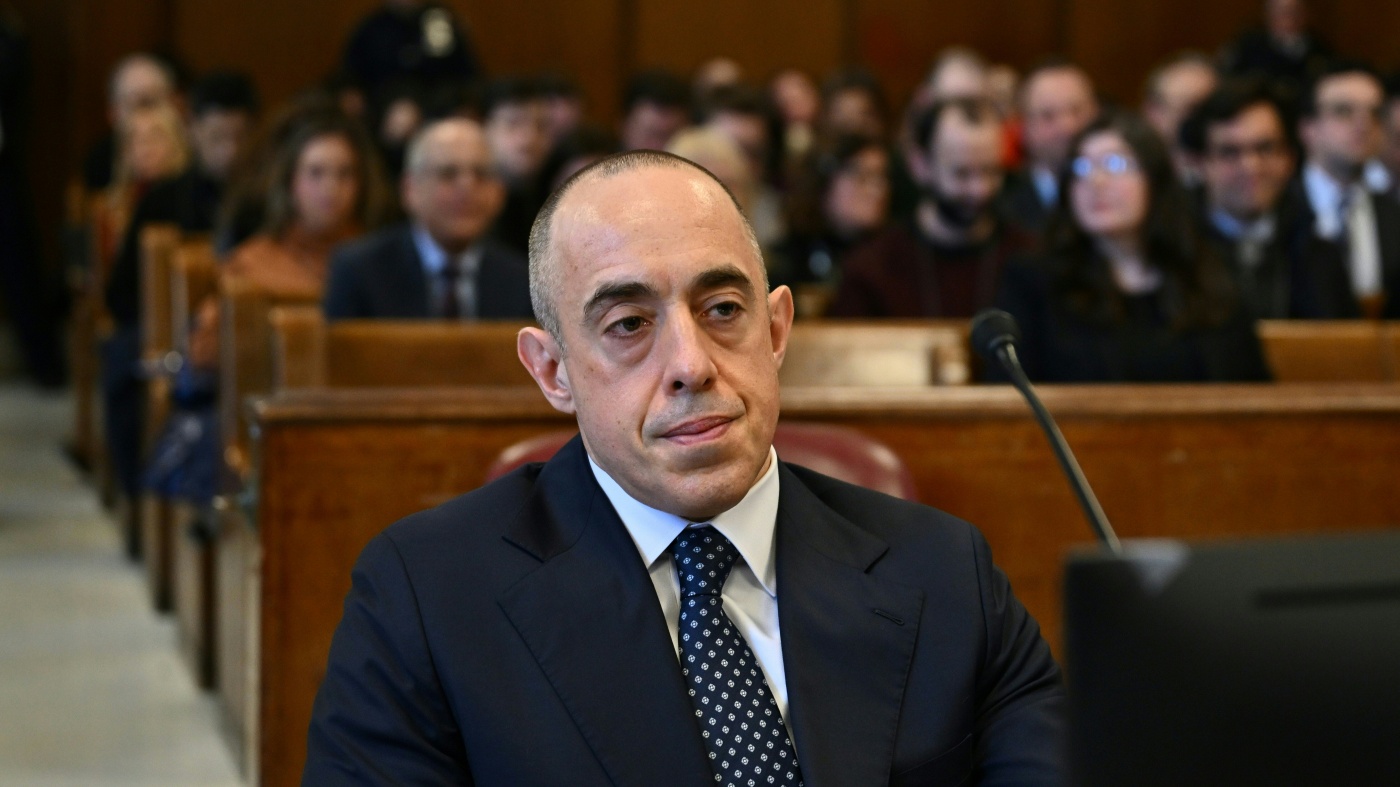‘The Lost Bus’ Captures Heroic Escape from California Wildfire

The docudrama “The Lost Bus” chronicles the harrowing escape of 22 elementary school children during the devastating Camp Fire in Paradise, California, which resulted in the loss of 85 lives in November 2018. The film, directed by Paul Greengrass, highlights the courageous actions of a bus driver who navigated through the flames to ensure the safety of his young passengers. It serves as both a tribute to real-life heroes and a gripping portrayal of survival in the face of disaster.
Greengrass, known for his immersive storytelling style, reunites with cinematographer Pål Ulvik Rokseth to deliver a visually striking experience that brings audiences into the chaos of the wildfire. While the film primarily focuses on the immediate crisis, it also hints at larger questions about responsibility and recovery in the aftermath of such catastrophic events. The narrative is framed through the lens of the bus driver, played by Matthew McConaughey, whose character grapples with personal challenges even as he faces the inferno.
In a notable casting choice, McConaughey’s real-life family members, including his mother and son, appear in the film, adding an authentic touch to the narrative. America Ferrera takes on the role of Mary Ludwig, a schoolteacher who actively supports the bus driver in maintaining calm among the frightened children. Her character’s involvement underscores the collaborative effort required to navigate such a dire situation.
The film opens with a glimpse into the bus driver’s life on the eve of the fire, revealing layers of personal turmoil. This backstory, while enriching, draws attention away from the broader implications of the Camp Fire. Critics note that the film misses an opportunity to explore the corporate and civic negligence that contributed to the disaster or to delve into the community’s rebuilding efforts.
As the narrative unfolds, the film captures the terrifying moments when the bus becomes engulfed in smoke and flames. The special effects, created by Industrial Light & Magic and other vendors, effectively portray the overwhelming nature of the fire, although some early visuals of firefighters attempting to combat the blaze fall short in realism.
The tension escalates as the characters face not only the physical threat of the wildfire but also the emotional weight of their circumstances. The film presents a gripping sequence where the bus driver and Ludwig must work together to steer the children to safety while battling the chaos around them.
One of the film’s most powerful sequences occurs approximately an hour and 45 minutes in, as the characters confront the fire directly. After a lengthy dialogue about their pasts and regrets, they spring into action, using a fire extinguisher in a desperate attempt to combat new outbreaks. This moment highlights the futility of their efforts and the overwhelming power of the wildfire.
The film’s release comes at a time when California continues to grapple with fierce wildfires, making the story resonant and timely. The harsh reality that many lives have been irrevocably changed by these disasters underscores the emotional weight of “The Lost Bus.”
While audiences may seek the excitement of a disaster film, the underlying messages about survival, community, and resilience offer a poignant reflection on human endurance during times of crisis. As viewers engage with this real-life narrative on Apple TV+, they are reminded of the ongoing impact of such tragedies and the enduring spirit of those who rise to the challenge.






